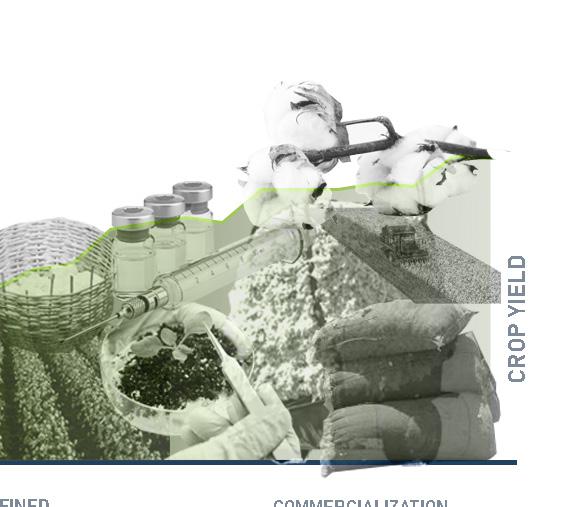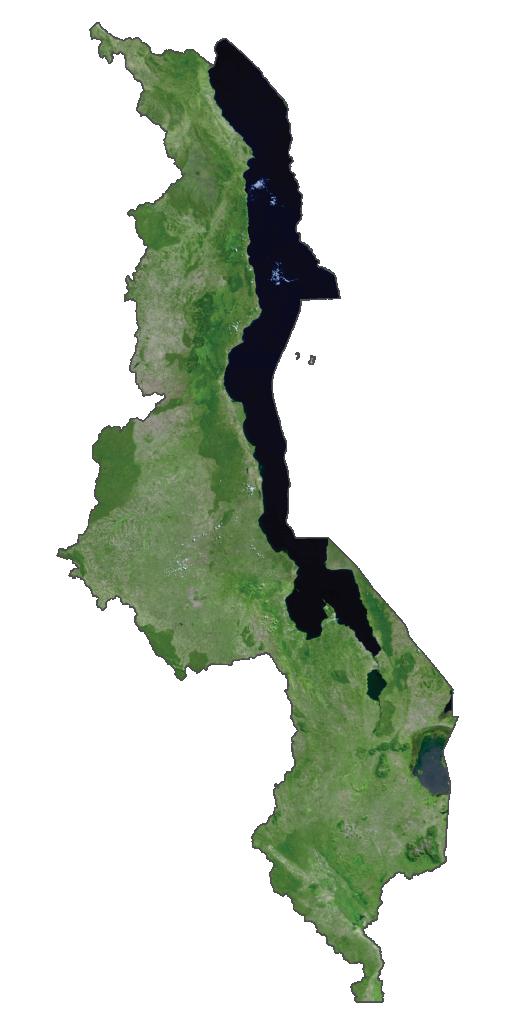
2 minute read
MALAWI
Kasungu
Mozambique
Advertisement
Lilongwe
4.5hr Mangochu
CROP TRIALS
Zimbabwe

First Science & Technology Act in Malawi
To coordinate and promote the development of research.

First Biosafety Act Passed
Biosafety commission is established (10 members) to increase awareness of science & technology, formulate & revise policies, and issue licenses & permits.
1991 2002
The progress of agricultural biotechnology has vastly improved since the late 1990’s. The biotech movement started with the science and technology act which was mainly research based, then the first biosafety act was passed to increase awareness and create policies surrounding biotech, then additional biosafety regulations were passed to clarify licensing and consent to practice biotech, and finally regulations were passed in 2008 that approved the confined field trial process.8 The first Confined Field trials were conducted in 2011 with Cotton being the first genetically modified crop to be commercialized.9
Additional Biosafety Regulations Passed
National Biosafety Regulatory Committee uses applications to clarify who has consent to practice biotechnology.

National Biotechnology & Biosafety Policy Approved
2007

Regulation approved to conduct confined field trials for any genetically modified (GM) crops.
2008
The Malawi 2063 10-year implementation plan has goals and strategies in place regarding the future of agricultural biotechnology in Malawi.10 They hope to develop genetic improvement programs for growth, drought, and pest tolerance. Another goal is to provide a knowledge sharing platform that increases knowledge and trust in these biotech strategies, which will greatly increase the acceptance of this modern technology into the agrarian culture.11
Currently Malawi has three genetically modified crops and zero plant-based vaccines. The three crops are insect resistant cotton, insect resistant cowpea, and virus resistant banana. Cowpea and banana are still in field trials, but cotton was commercialized in 2019.12 Another genetic trait that could be helpful given Malawi’s climate is drought resistance, which is already used in Maize in other Sub-Saharan countries.
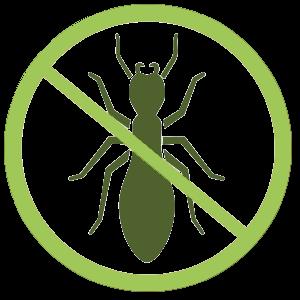
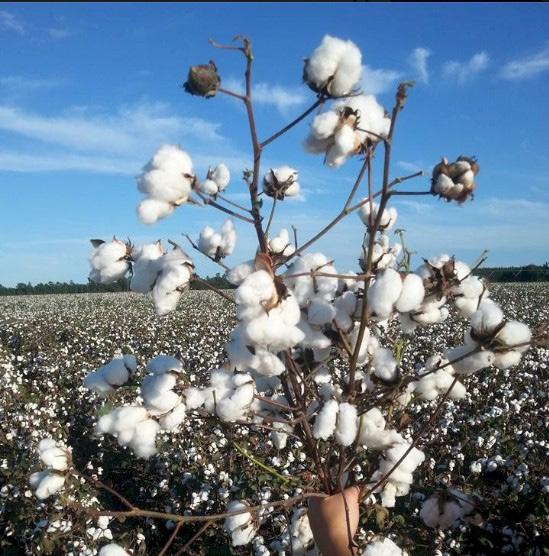

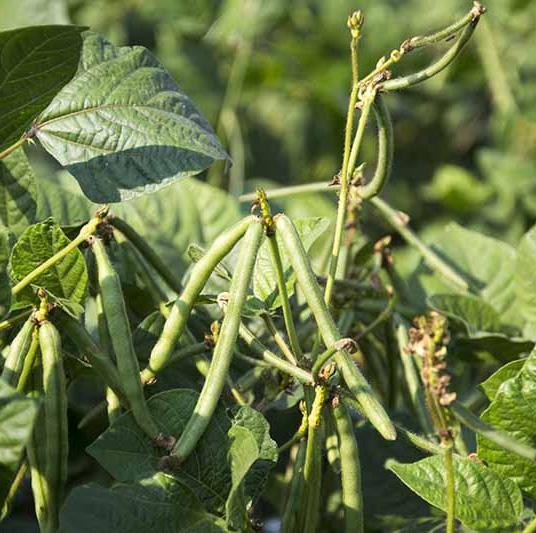
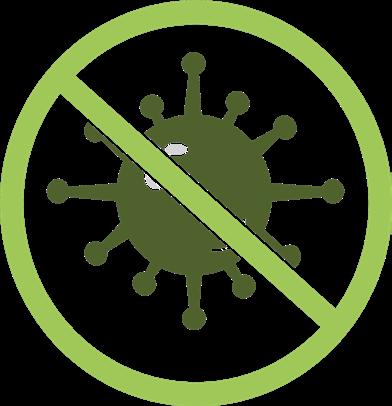
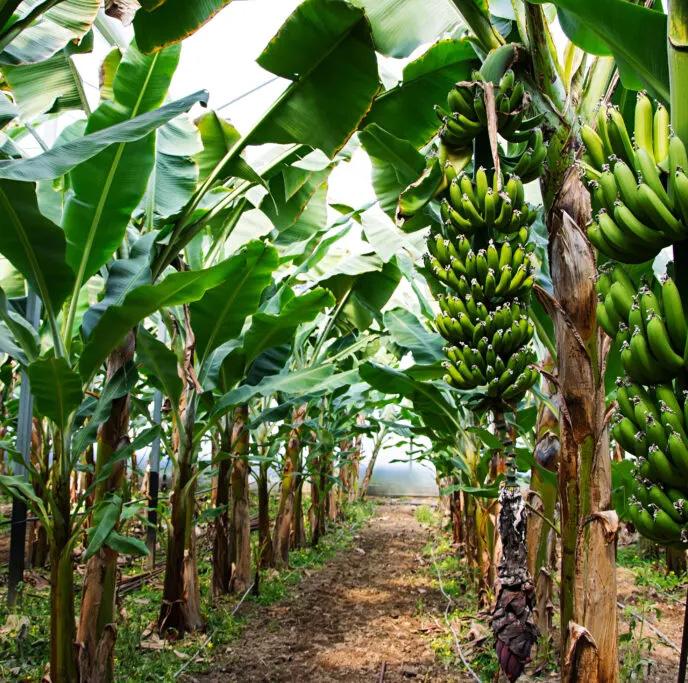
Speed
- Plant-based vaccines can be produced in just 6 weeks responding quickly to outbreaks.
- Genetically modified crops typically yield 40% more product.
Sustainability
- No complex sterile media or bioreactor is needed for cell culture production of GM crops or plant-based vaccines.
- Plants act as the bioreactor and only require sunlight, water, and nutrients to grow.
Scalability


- All you need to increase product is to grow more plants.

Plant- Based Vaccine Production Process
The plant-based vaccine process typically uses infiltrated recombinant proteins. The biopharming process starts with the growth of a plant and an agrobacterium. The agrobacterium is made up of a cloned DNA strand of a plant and the gene of interest which is inserted into the plant DNA. The plants are then grown to maturity where each plant produces large amounts of the protein of interest. The leaves are harvested and then the proteins are separated from contaminated plant proteins in multiple rounds of filtration to achieve a certain level of purity. The resulting vaccine is then tested in a series of quality control tests to determine purity, function, and performance.13
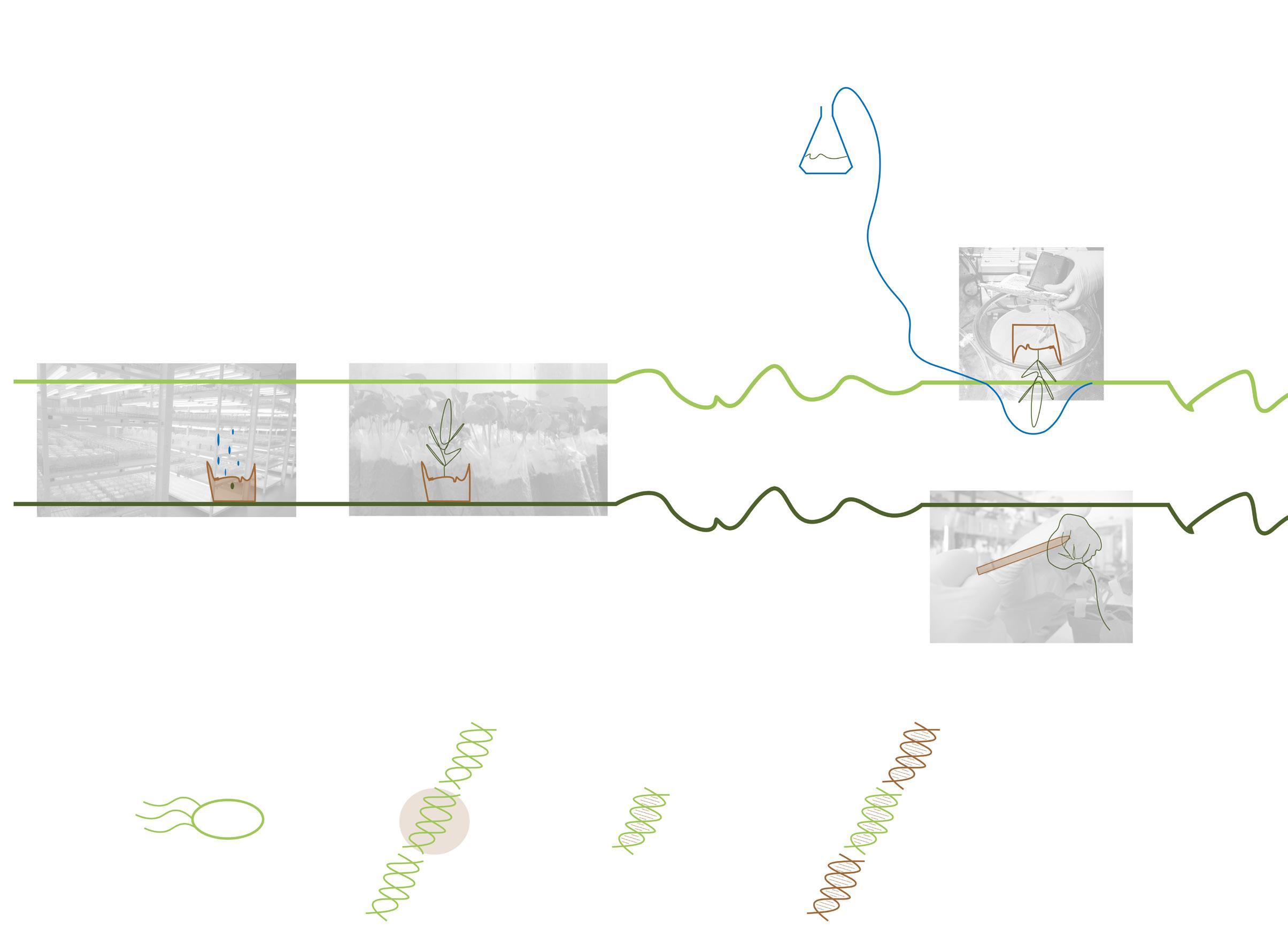
VACCINE PRODUCTION (BIOPHARMING)
Grow Plants
Gm Crop Production
Copy Insect Resistant
Gene Strand into Plant DNA
Infiltrate Plant with Agrobacterium
Insert Gene into the DNA of the Plant
Genetically Modified Crop Process
Similarly, most genetically modified crops have a protein of interest such as pest resistance or drought resistance. That strand of DNA is then inserted into a select plant which will foster the production of the protein of interest and will then protect the plant from such hazards like pests and droughts.14
Grow Insect Resistant Cotton
EXTRACT & PURIFY
TESTING & RESEARCH
HUMID/WET
TESTING & RESEARCH
HARVESTING COOL/DRY
GROW SEEDLINGS
GROW CELLS
INFILTRATE PLANTS
PLANT & GROW IN GREENHOUSE
LAND PREPARATION
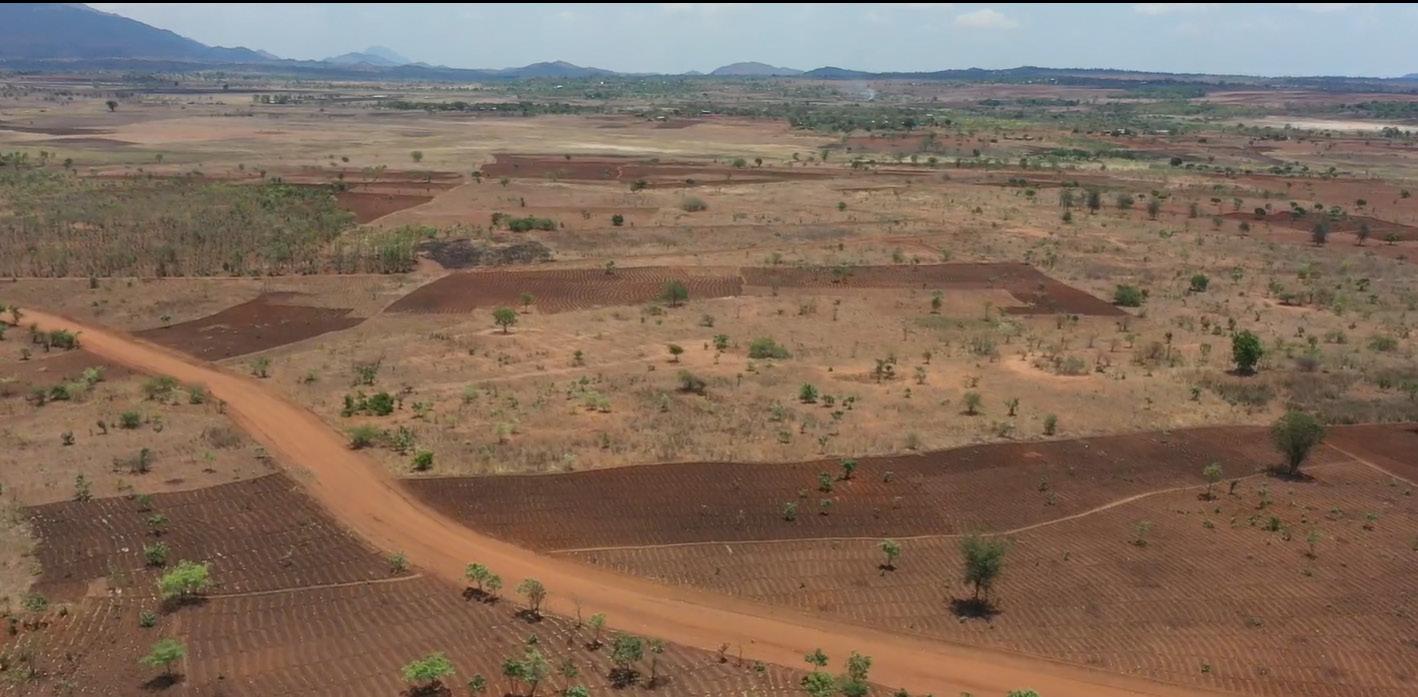
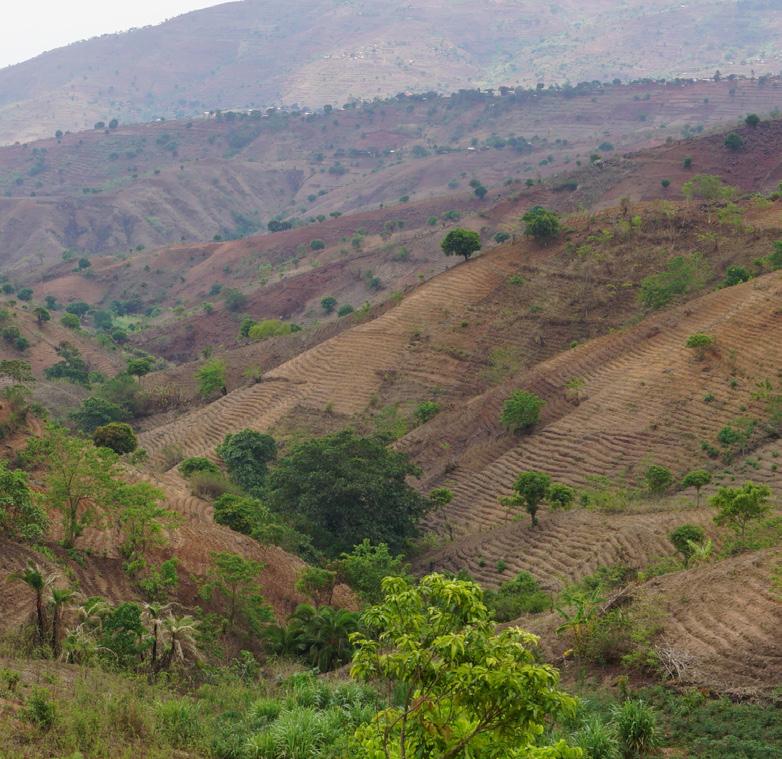
COOL/DRY
PLANT & FERTILIZE CROPS
HOT/DRY
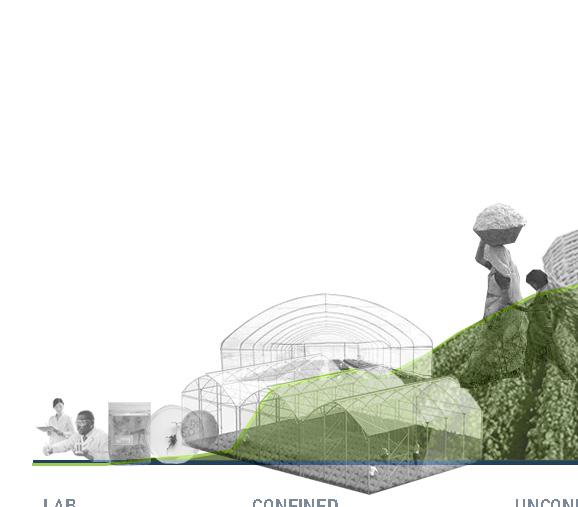

UNCONFINED TRIALS GM CROPS)
COMMERCIALIZATION OF GM CROPS & PLANT-BASED VACCINES
